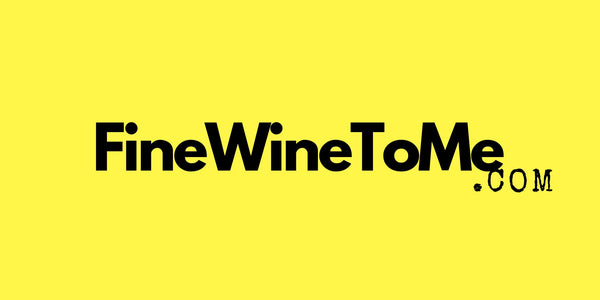Nowadays, digital marketing is an essential aspect of growing and sustaining small or medium-sized wine brands, in fact any business. With so many online tools and channels available, it can be challenging to know where to start. In this article I will provide a brief overview of the primary elements of a digital marketing strategy for small wine brands or startup - you can also watch my YouTube video about this topic. I'll be talking about social media, email marketing, SEO, paid advertising, and something - which is in my opinion more important than any of the others I mentioned before and still sometimes overlooked - but let's talk about that later.
Shall we start with the socials?! Social media is an excellent tool for promoting a wine company, creating brand awareness, and engaging with customers (this might be its most important and somewhat underrated element of it). For wine brands, Instagram and Facebook are the most widely used social media platforms. In 2023 these platforms are almost like the Yellow Pages once were for any company back in the later part of the previous century. The growing popularity of TikTok, YouTube and LinkedIn (still primarily a B2B platform) is undeniable though. I'd say we also have to mention Podcasting too, which is generally overlooked.
Brands can't just use these platforms to showcase their products, create visually appealing content but to share their stories with their audience and potential clients. Wine brands can also partner with social media influencers to reach a broader audience and gain credibility. Today, influencer marketing is an integral part of any social media strategy, however it can be incredibly expensive and often without measurable return on investment.
Strongly connected to social media is paid advertising, which is an excellent way to reach a broader audience and promote a wine brand. Wine brands can use paid advertising to target specific demographics and interests, ensuring that their ads are seen by potential customers. Facebook Ads and Google Ads are popular advertising platforms that allow brands to create targeted ads based on location, age, interests, and so much more...
Don't forget about Email marketing! It is an effective way to reach out to customers and keep them informed about new products, promotions, and events. Email marketing is a great way to keep customers engaged and build loyalty. Not to mention the fact that with a strong mailing list companies can sell many times more than with they could with social media.
It's all well and good, but without proper Search Engine Optimisation or SEO (for short) the results still won't come easy. SEO is the process of optimising a website to improve its visibility in search engine results. For wine brands, SEO is essential to ensure that their website ranks well for wine-related keywords. This can be achieved through creating content that targets wine-related keywords and ensuring that the website is properly optimised for search engines, although it's not as simple as that, SEO is probably the most complex element of digital marketing.
Last, but not least - in fact, most importantly - let's talk about analytics. Analytics is the process of tracking and analysing website and social media performance. For wine brands, analytics can help to understand which channels are driving the most traffic and conversions, and where they should focus their efforts. Google Analytics is a popular tool for tracking website performance, while social media platforms offer their own analytics tools.
In conclusion, digital marketing is essential for small or medium-sized wine brands and startups, without investing into digital marketing the road to success for a small company can be very bumpy. By utilising social media, email marketing, search engine optimisation, paid advertising, and analytics, wine brands can increase their online presence, reach a broader audience, and build customer loyalty.
Which element of digital marketing is the most challenging for you and your brand? Tell me in the comments below.
#winemarketing #digitalmarketing #winebrand #startup #winebusiness

